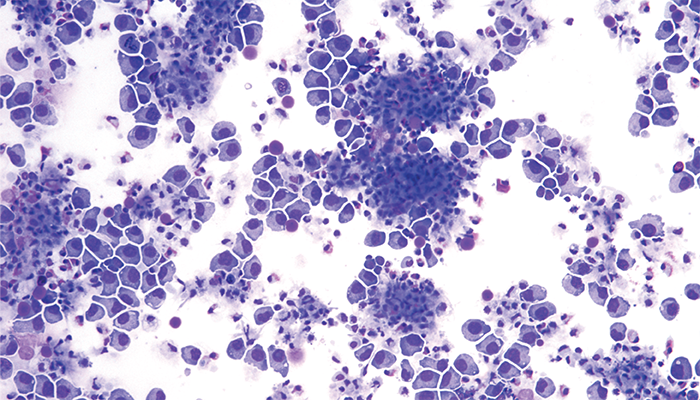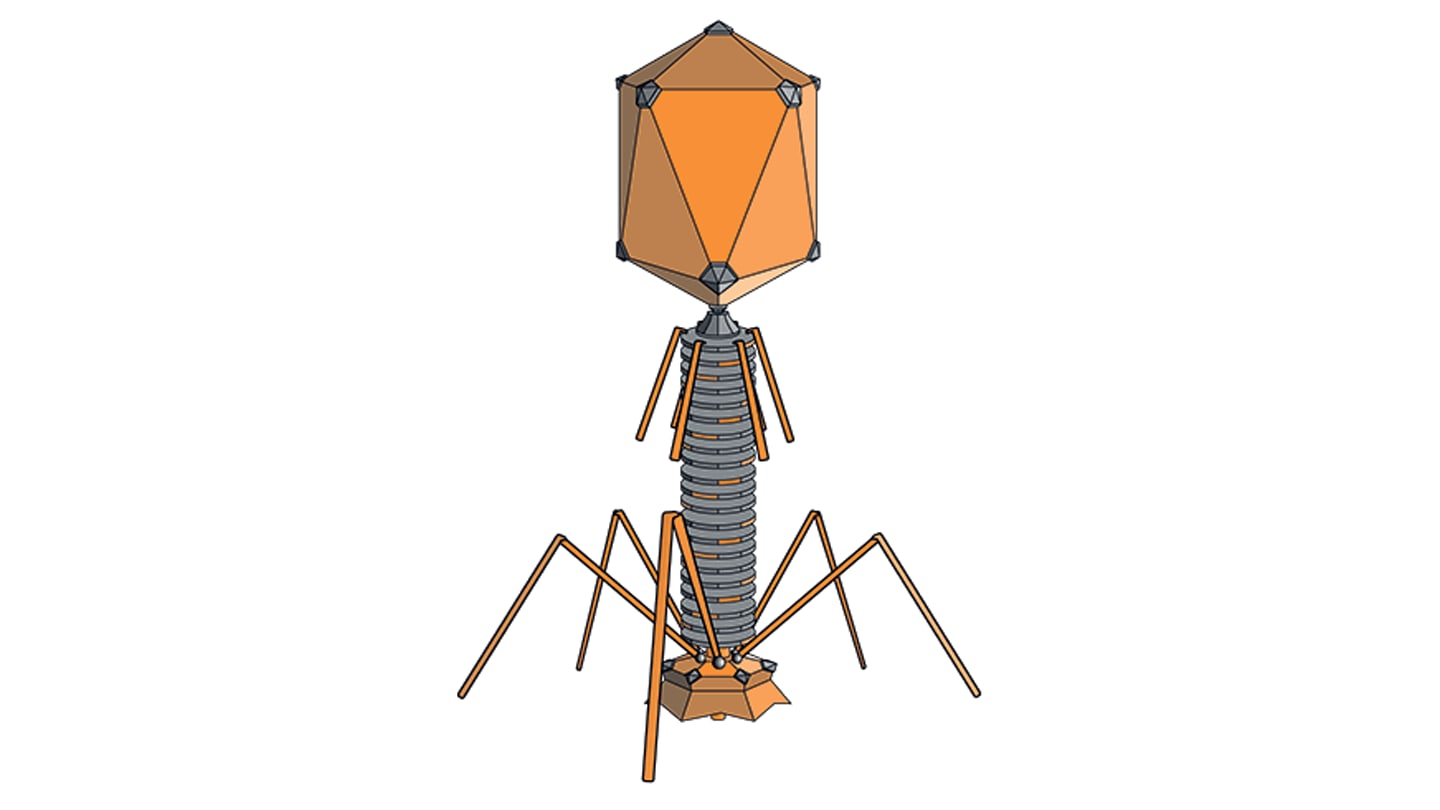Transmissible cancers are highly unusual, only appearing in a few animal species; for example, dogs and Tasmanian devils on land, and, in the sea, shellfish, such as cockles, clams, and mussels.
Studying the genetics of transmissible cancers in cockles has hitherto been challenging because of a lack of a reference genome sequence for this species. By generating a high-quality reference cockle genome and sequencing over 60 cockle tumors, a Wellcome Sanger Institute study has finally cracked the genetic shell of these unique cancers (1). The research project, called Scuba Cancers, is an international collaborative effort including researchers from Europe, Africa, and Asia, was jointly led by Adrian Baez-Ortega at the Wellcome Sanger Institute and Jose Tubio at the University of Santiago de Compostela in Spain. Here, Baez-Ortega shares his thoughts on pioneering the genome sequencing of transmissible cancers in cockles – and what it could mean for cancer research in general.
How can research into cockles translate into humans?
Sequencing the genomes of cockle transmissible cancers gave us many unexpected insights into their genetic makeup. Notably, we discovered that these cancers are very genetically unstable, with the cells within a single cockle tumor containing vastly different numbers of chromosomes – something that has not been seen to this extent in other cancers. In fact, this extreme type of chromosomal instability has been shown to be lethal to human cancer cells – although moderate levels of chromosomal instability often contribute to making tumors more likely to spread to other organs and become resistant to treatment.
Understanding more about how cockle cancer cells induce and tolerate chromosomal instability could help inform new approaches to target human cancer cells in the future. This is especially important because the current state-of-the-art laboratory models for chromosomal instability are not very representative of the way in which this process develops in human tumors. Cockle transmissible cancers provide us with a new natural model that has unique scientific value.
What was the aim of your research?
We wanted to provide a first description of the genetic makeup of transmissible cancers under the sea, and specifically to determine the genetic alterations involved in the emergence and evolution of these unusual cancers. We also wanted to find out how these compare with the genetic changes that are known to have driven the evolution of transmissible cancers in dogs and Tasmanian devils. As marine transmissible cancers were discovered only eight years ago, our effort provides the first comprehensive survey of these cancers’ genomes.
Should humans be worried about contagious cancers?
In terms of transmissible cancers spreading among humans, there is nothing to worry about. These cancers only affect a small number of species and our immune system is extremely good at identifying and destroying cells from other species, even in the case of specialized parasites. The key is that cells from other species are different enough from our own cells for the immune system to recognize them. It is also unlikely that a new transmissible cancer would be able to arise in humans because our immune system is also efficient at detecting cells from other humans, which is the reason why organ transplants require the patient to be immunosuppressed. However, in the case of marine transmissible cancers, we should perhaps worry about the threat these diseases pose to shellfish populations, marine ecosystems, and commercial aquaculture – especially when you factor in additional threats, such as ocean warming and pollution.

Credit: Adrian Baez-Ortega
How can humans help the humble cockle?
One way to protect shellfish populations from contagious cancers is to learn how these diseases emerge and spread (between both individual animals and distant populations) and how to detect their presence without having to examine hundreds or thousands of animals. With this knowledge, we could start working with government and industry partners to implement quarantine measures aimed at limiting the spread of these diseases, as has been done for other commercially valuable species in the past.
With this in mind, something valuable that we have learned is which exact genomic features distinguish cockle cancer cells from normal cockle cells. This knowledge will allow us to design molecular tests for non-invasive, or low-invasive, surveying of entire shellfish populations. This will enable us to detect the presence of transmissible cancers by recognizing the distinguishing marks in their DNA. Recent work suggests that we might even be able to detect tumor DNA directly in seawater, without physically finding and collecting any animals.
What part do cockles play in the marine ecosystem?
Cockles – and other marine shellfish impacted by transmissible cancers – play crucial roles in the coastal ecosystem and are sometimes called the “ecosystem engineers” of the sea.
Cockles support ecosystems by playing a role in water filtration. They help create and modify marine habitats, allowing other organisms to survive there. In addition to being a valuable food source, they can remove elements such as nitrogen, phosphorus, carbon, and heavy metals from the marine environment. In fact, their roles have attracted attention as a natural means of mitigating the effects of excessive pollution in the sea as a result of human activity, such as agricultural and sewage waste.
The rapid loss of cockle populations threatens food security and jobs in the fishing industry, along with wider impacts on the ecosystem. Future research into contagious cancers in cockles and other species will allow us to better understand how to prevent catastrophic mass mortality episodes, which appear to have become more common in recent years. There are many exceptional researchers who focus on protecting cockle populations, and I hope they can use our research to find new ways to protect these animals.
Is this the most unusual research project you’ve been involved in?
Probably not! In my PhD research, I studied the evolution of the oldest known transmissible cancer – a sexually transmitted dog cancer known as the canine transmissible venereal tumor, which affects many thousands of dogs across the world. We obtained genome sequences from over 500 dog tumors collected in 43 countries, and reconstructed the evolution and geographical spread of this cancer since its origin. We estimated that this contagious cancer first emerged in a dog that lived some 4,000 to 8,500 years ago in Asia. After thousands of years, it made its way into Europe, being later introduced by Europeans into the Americas around 500 years ago. This research was published in Science in 2019 (2).
References
- A Baez-Ortega et al, Somatic evolution of marine transmissible leukemias in the common cockle, Cerastoderma edule, Nature Cancer (2023). DOI: 10.1038/s43018-023-00641-9
- A Baez-Ortega et al, Somatic evolution and global expansion of an ancient transmissible cancer lineage, Science (2019). 365, 6452. DOI: 10.1126/science.aau9923




